Forklift Certification: From Trainee to Certified Pro
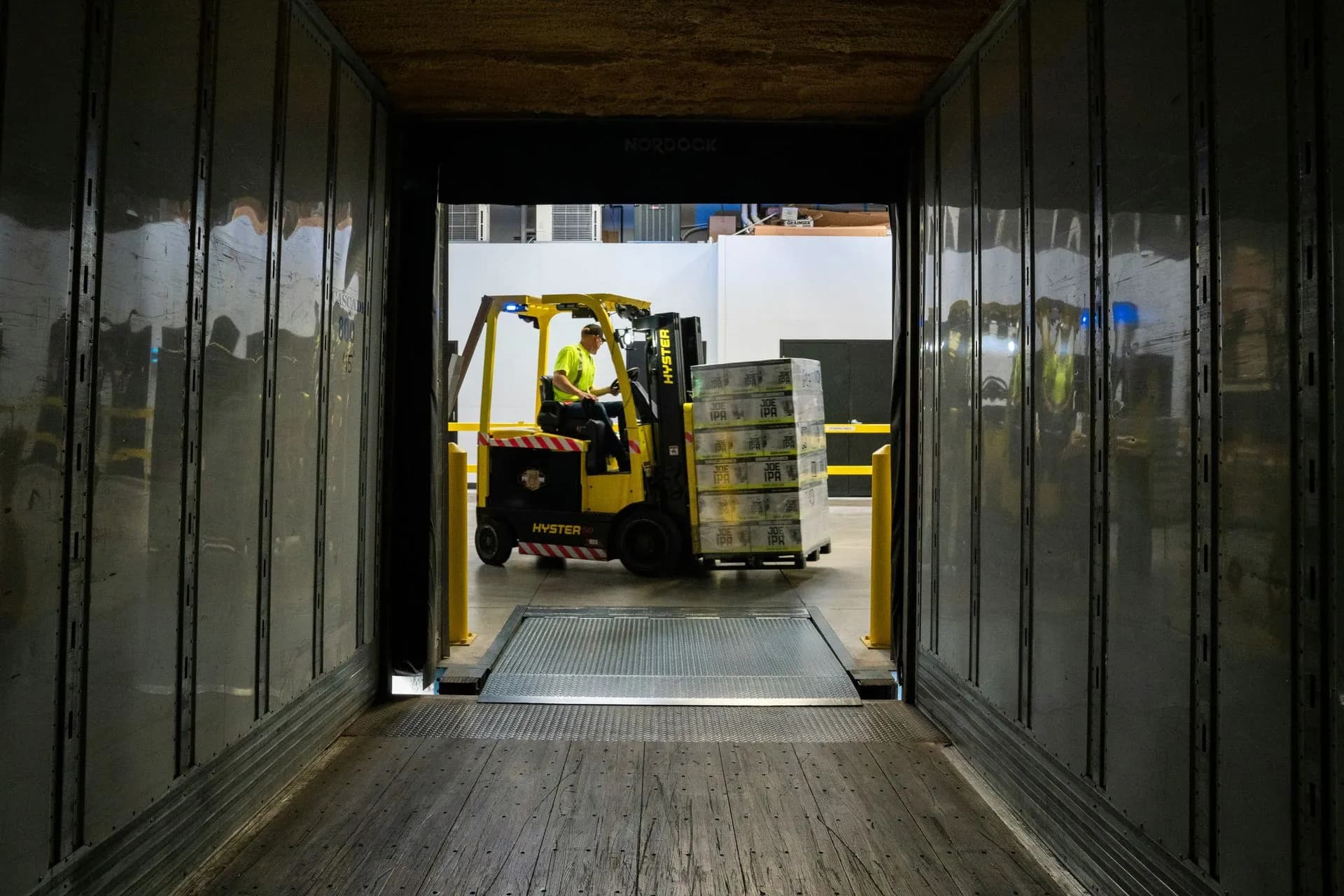
In the bustling world of warehouses and distribution centers, forklifts are productivity workhorses. These powerful machines simplify the handling of heavy loads and streamline operations. However, with great power comes great responsibility, and proper certification is a non-negotiable prerequisite for anyone steering a forklift. In this guide, we’ll embark on a journey from being a curious trainee to a certified forklift pro, exploring every aspect of the certification process.
Who Needs Forklift Certification?
Picture this: you’re gearing up for your first day at a warehouse. As you eagerly anticipate operating a forklift, you quickly realize that certification is mandatory. Occupational Safety and Health Administration (OSHA) regulations mandate that anyone operating a forklift in most workplaces be certified. Employers are legally obligated to ensure their operators are trained and competent in forklift operations to prevent accidents and ensure workplace safety.
Types of Forklift Certification
Forklifts come in various shapes and sizes, each serving unique purposes in different environments. Specific certification may be required for each type, whether electric, gas-powered, or specialized for narrow aisles. Understanding the nuances of operating different forklifts is crucial for ensuring safety and efficiency in the workplace.
Finding a Training Provider
Now that you know the importance of certification, the next step is finding a reputable training provider. Look for OSHA-approved programs, ensuring they meet the required standards for comprehensive training. Research local training centers or inquire with your employer about available certification courses. Opting for a reputable provider ensures you receive quality training that equips you with the necessary skills and knowledge to operate a forklift safely.
The Forklift Certification Process
Once you’ve identified a training provider, it’s time to dive into the certification process. Typically, certification involves a combination of classroom instruction and practical training. You’ll learn about safety procedures, pre-operation checks, and proper load-handling techniques in the classroom. This theoretical knowledge forms the foundation for safe forklift operation. Following classroom instruction, you’ll undergo hands-on training, demonstrating your ability to maneuver the forklift safely and efficiently under the guidance of experienced instructors.
Maintaining Your Certification
Congratulations, you’ve earned your forklift certification! But the journey doesn’t end there. Forklift certification typically needs to be renewed every three years to ensure operators remain up-to-date with safety standards and regulations. Refresher training programs are available to help operators hone their skills and stay abreast of any changes in best practices or regulations. By staying proactive about maintaining your certification, you uphold workplace safety and enhance your employability and career prospects.
The Benefits of Forklift Certification
As you reflect on your journey from trainee to certified pro, it’s essential to consider the myriad benefits of forklift certification. Beyond meeting regulatory requirements, certification opens doors to increased job opportunities and earning potential. Moreover, it instills a heightened sense of safety awareness, empowering you to navigate the warehouse environment confidently and competently.
In conclusion, forklift certification is not just a checkbox on your employment requirements—it’s a gateway to a safer, more fulfilling career in the logistics industry. By embracing the certification process and committing to ongoing training and development, you position yourself as a valuable asset in any warehouse setting. So, gear up, get certified, and become a certified forklift pro!
Newsletter
Don't miss a thing!
Sign up to receive daily news
Recent Posts

august 30, 2025
Decommissioning a Facility: How to Turn It into a Profitable Venture
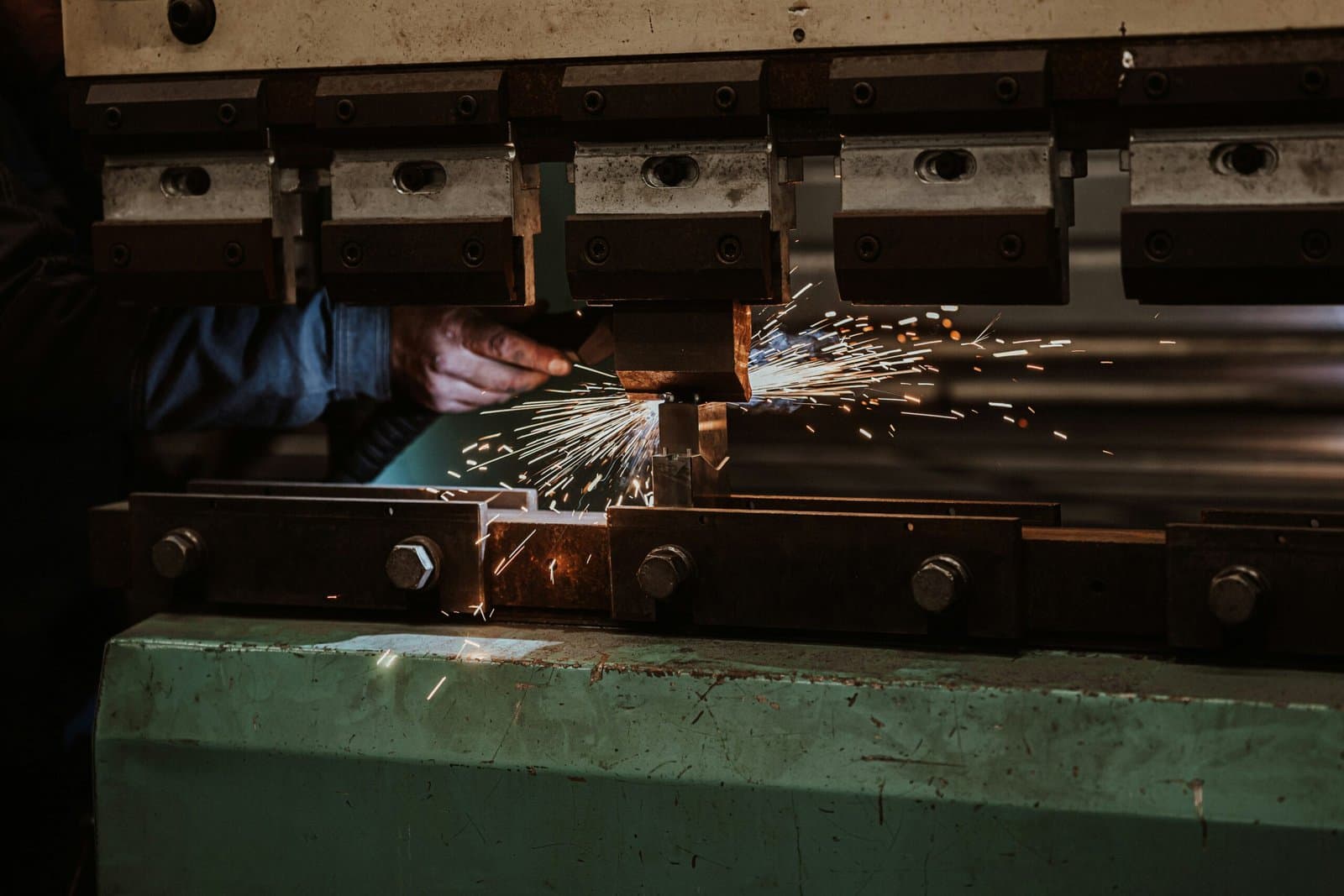
august 25, 2025
Hydraulic Press Maintenance 101
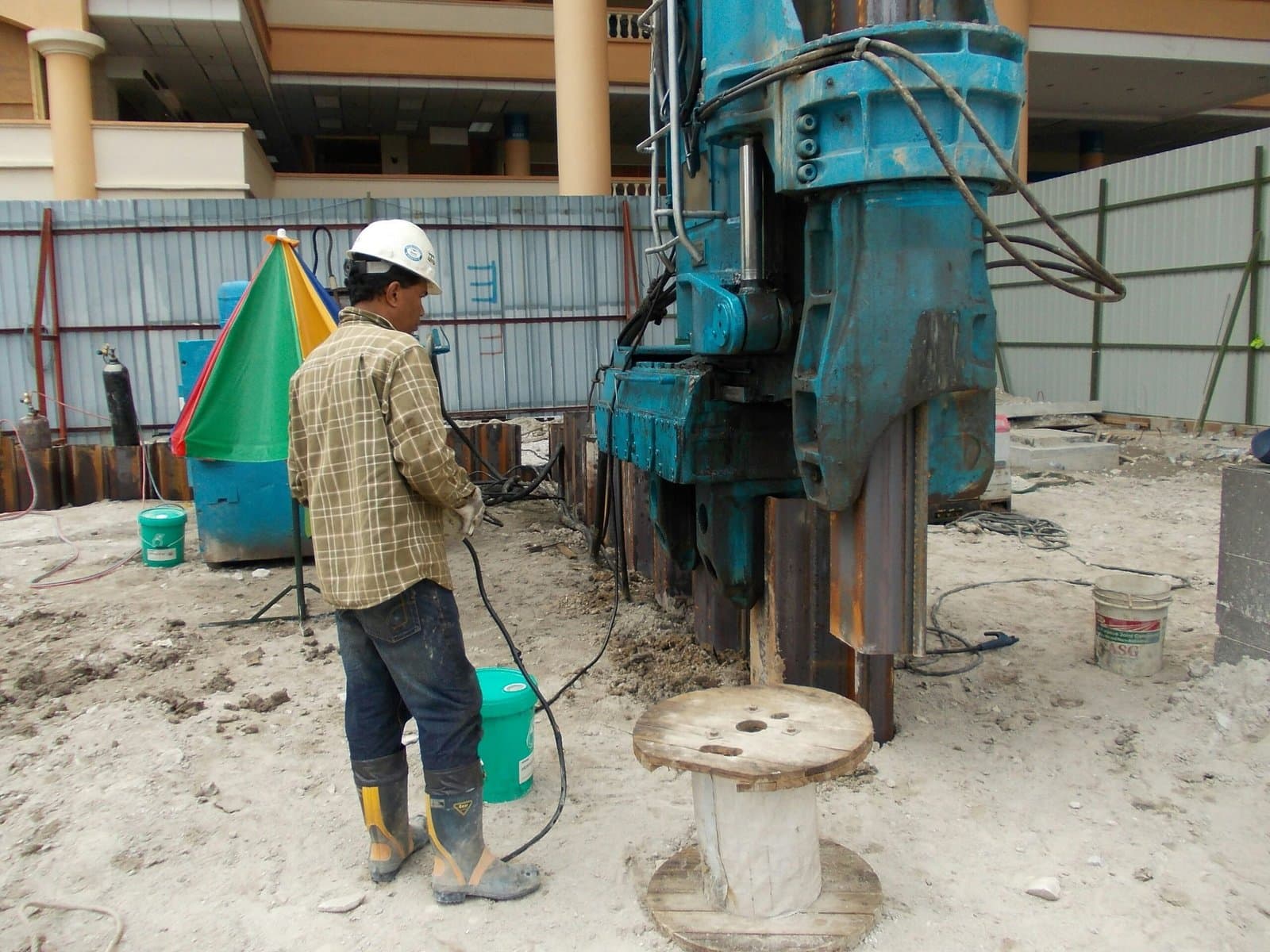
august 18, 2025
Rigging Machinery: The Challenge of Moving and Installing Outdated vs. Modern Equipment
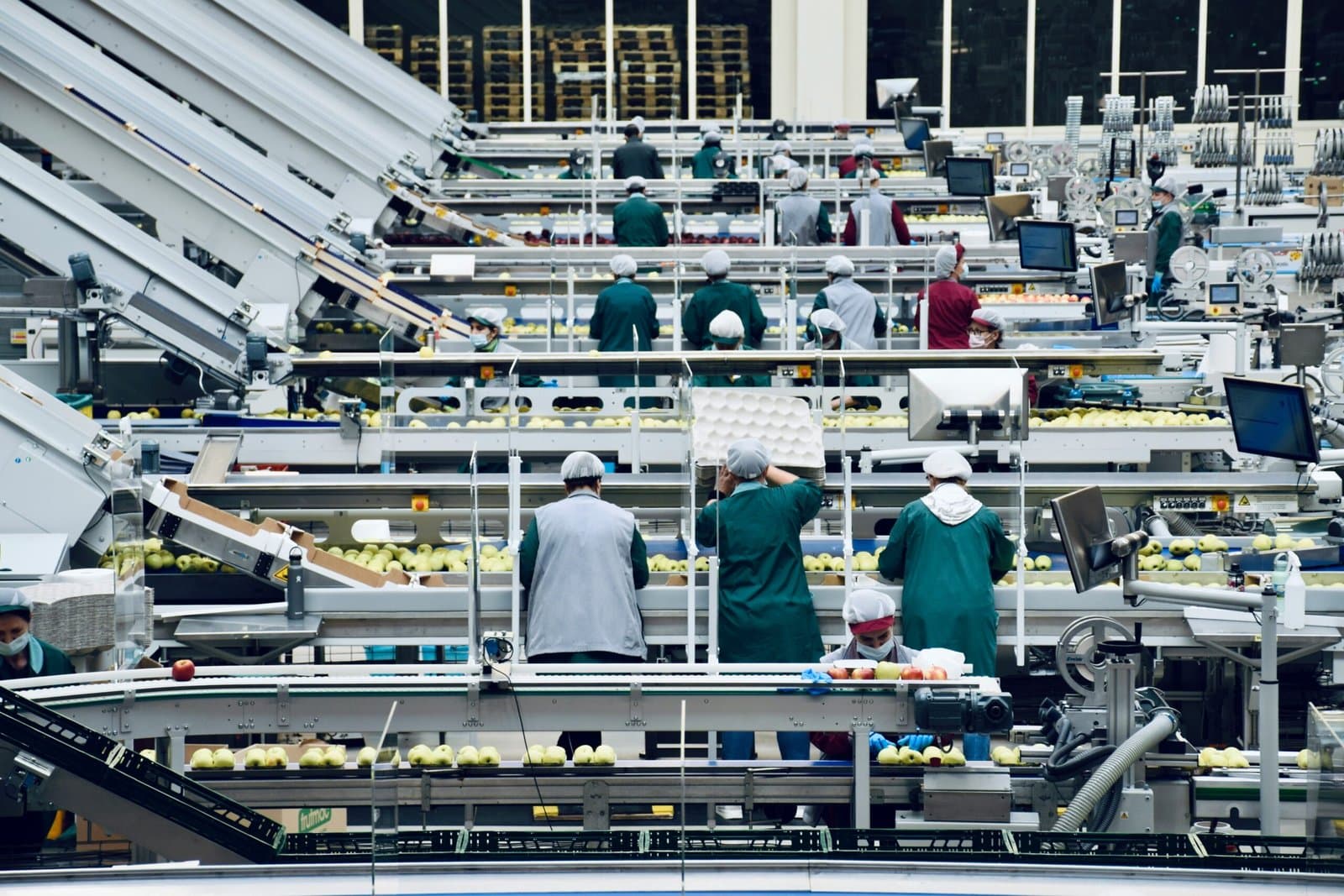
august 16, 2025
Conveyor System Maintenance: 5 Early Warning Signs of Failure
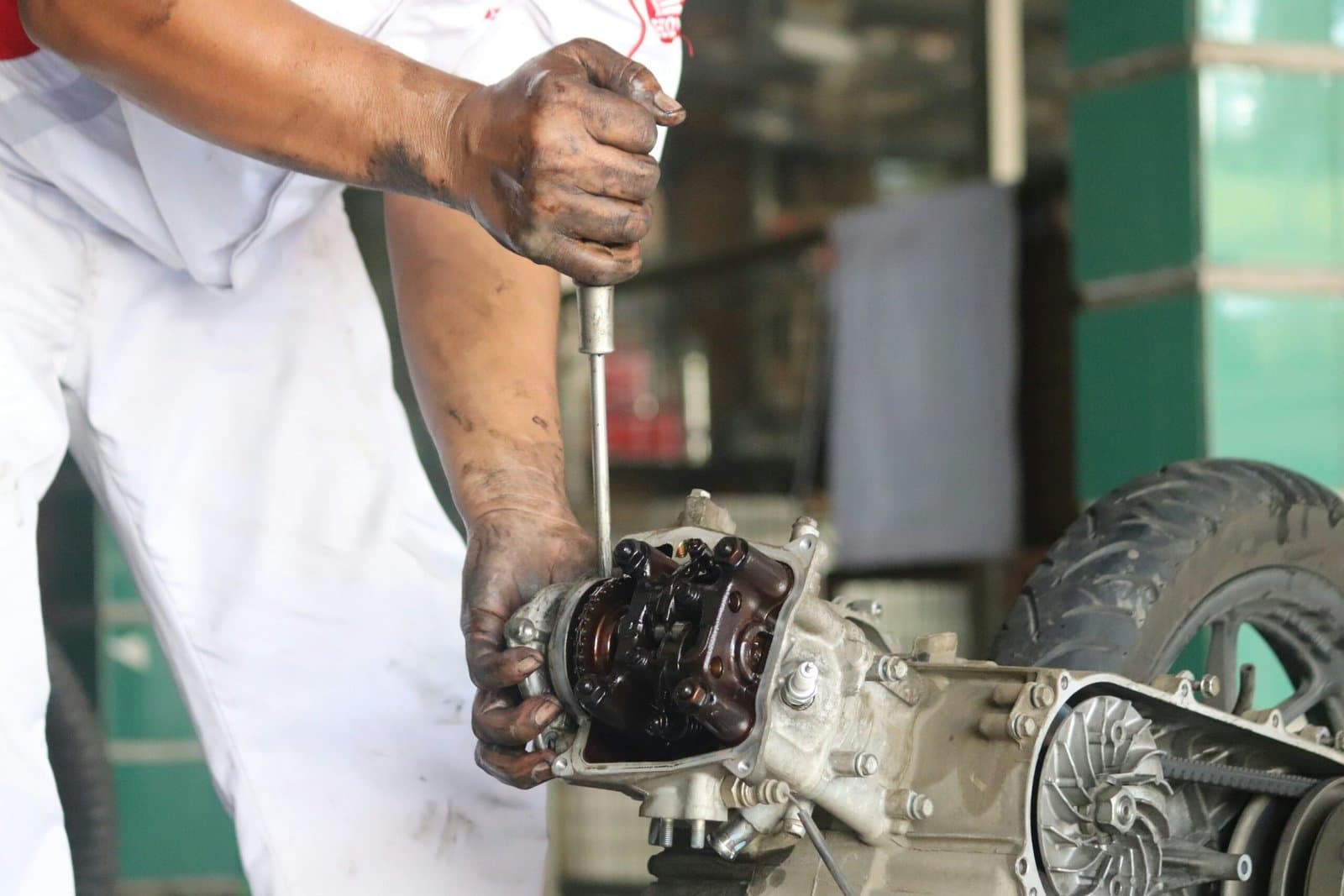
august 14, 2025
Predictive Maintenance: The Smarter Alternative to Costly Reactive Repairs

august 11, 2025